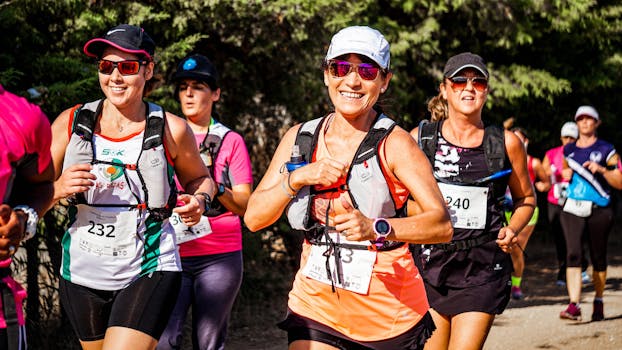
Introduction
Running clothes are designed to handle sweat, odor, and frequent movement, but knowing how often to wash them is not always straightforward. Proper care of your athletic wear can enhance its longevity, prevent bacteria build-up, and keep you feeling fresh during each run.
Why Frequency Matters
Sweat and moisture create an ideal environment for bacteria, which can cause odor and skin irritation. Regularly washing running clothes removes these elements and helps maintain the fabric's performance features.
How Often Should You Wash?
- After Every Run: For most people, it's best to wash your running clothes after every workout. This is especially true for items that directly contact sweaty skin, like shirts, sports bras, tights, and socks.
- If Lightly Used: If you had a short, low-sweat jog in cool weather, you might get away with wearing an item one more time, but this isn't recommended for items like underwear or socks.
- Outer Layers: Jackets or windbreakers worn over other shirts don’t need to be washed as frequently unless they become visibly dirty or absorb sweat.
Tips for Washing Running Clothes
- Turn Inside Out: Wash clothes inside out to better remove sweat and bacteria.
- Avoid Fabric Softener: Fabric softener can damage technical fabrics and reduce their moisture-wicking abilities.
- Use Mild Detergent: Specialized sports detergents can help eliminate odor and protect fabric.
- Hang Dry: Air drying preserves elastic fibers and prevents shrinkage.
Conclusion
For optimal hygiene and fabric care, it's generally best to wash your running clothes after every use. Taking a few extra steps in how you wash and dry them will keep your athletic wear in top condition for miles to come.
Comments
Post a Comment